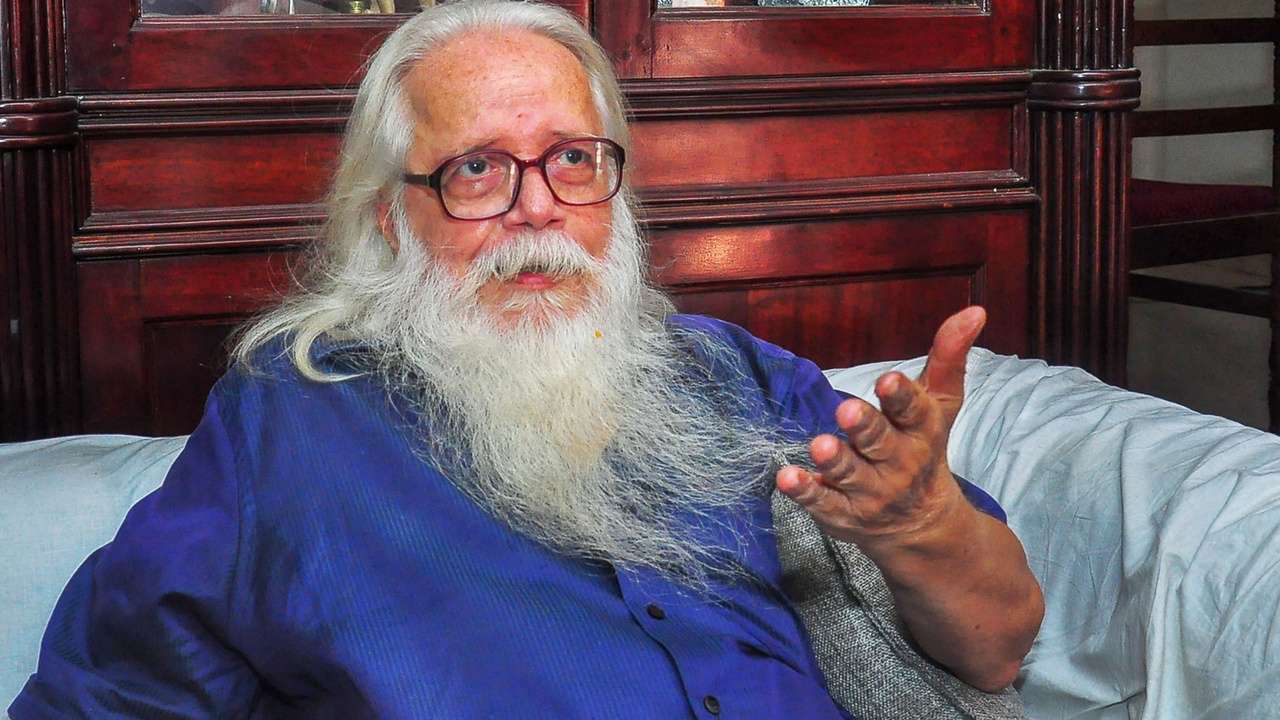
India is disturbingly apathetic to miscarriages of justice, especially when they are carried out at the behest of the State. The extraordinary powers conferred on the State, coupled with lengthy and never-ending judicial proceedings, have often ensured that the perpetrators feel they can torment the innocent without any fear of retribution. This was certainly true in Nambi Narayanan’s case. The fact that the policemen persecuting him at the behest of the Kerala state government felt that they could besmirch, attack and torture a decorated scientist and get away with it shows not just the mockery of individual’s rights and liberties, but also the failure of important institutional bodies. Let’s look at the facts. Narayanan was arrested for “selling” spy secrets to the Maldives in 1994. In 1996, the CBI filed a report before a Kerala court stating that the espionage case was false and named IB officials involved in framing false charges.
No action was initiated against the guilty. In 2001, the National Human Rights Commission (NHRC) came down heavily on the Kerala government, directing it to pay Rs 10 lakh to him, in response to which the government hummed and hawed, and again no action was taken against the guilty. The high court also ordered compensation and action, neither of which was forthcoming. It has taken over 20 years and a Supreme Court ruling for the state to even start considering handing over the guilty police officials. Even now, it is entirely possible that the government will try and use it as further excuses for inaction. State power aside, Narayanan’s case also speaks of the credulity of the fourth estate, in believing a juicy spy story rich with fictional elements without questioning or cross-checking the State’s narrative. It is the media’s job to question the powerful, especially when it comes to issues concerning the nation, and the fact that this was not done suggests that those wrongly accused of treason against the country have little hope of justice. The other thing to note here is that if it can happen to a highly decorated scientist — Narayanan was instrumental in introducing liquid fuel rocket technology in India in the 1970s that helped Chandrayaan-1 to the moon in 2008 — it can and probably will happen to anyone. Narayanan was saved by his never-say-die attitude and hunger to see the guilty punished. Others may not have the same fortitude. The biggest problem in this entire saga is our inability to see it as a problem. The Supreme Court ruling will prompt many to think that the worst is over, the accused has got his rightful compensation and justice has been done. That is the problem: Justice has not been done. Not only has an eminent scientist been prevented from fulfilling his duty to the nation, but our established institutions bodies have also failed to curb the excesses of the State. As a result, the state government remains defiant and unapologetic, which is the biggest worry of all, for if a state remains unafraid, it is likely that another Narayanan-like incident could occur. It may just be a matter of time.